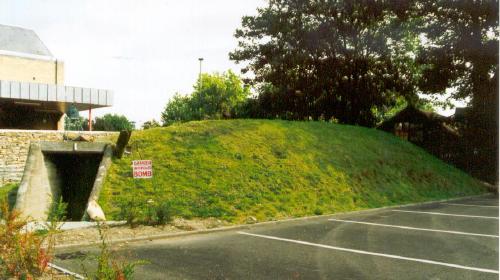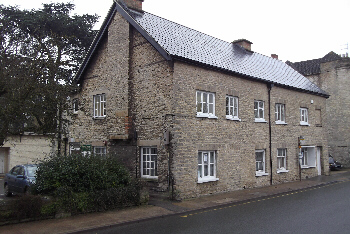
How it all started

The LMHA was founded in 1983 by a group of individuals mainly, but not exclusively, from the teaching profession. All were involved in the study and dissemination of information on life during the Second World War. In 1989-90 we worked in close cooperation with Cirencester’s Corinium Museum presenting an exhibition of Wartime Life in the Cotswolds in World War Two. Taking advantage of the then recent closure of Cirencester’s Memorial Hospital in Sheep Street we were able to use the original hospital air raid shelter as the venue for the 1990 exhibition. The success of this led us, with help from the Imperial War Museum, to successfully lobby the local authority to save the shelter when a major part of the main building was demolished to make way for a municipal car park. Ever since that time we have been able to present an annual exhibition in the shelter. Also since the early days the group has been involved in many other activities within the local community, presenting exhibitions, lectures and displays and providing students at all levels with information from the LMHA Archives and collection of artefacts and ephemera. There has also been a very useful and productive relationship with the BBC through Radio Gloucestershire and in recent years national television. In order to place the organisation on a firmer footing, in 1999 the founder members formed a charitable trust.
In August 2007 we leased extra space in the former hospital main building annexe. This has allowed us to accommodate a larger exhibition, with the shelter concentrating on the military and medical aspects of wartime life, while in the main building the concentration on the Home Front.

At the beginning of 2013 we had to leave the rooms in the main building as the CDC needed it for other purposes. We were fortunate to be able to move in to the Old Hospital Cottages on Sheep Street adjacent to our original site, transferring the Home Front section of the exhibition along with our office and store. As a result it has been possible to improve the work with schools that study this period within the National Curriculum. Many more school parties have paid visits, even in the closed season and the loan boxes are in constant demand.
We feel that every period in Cirencester’s history should be celebrated and known by those who live and work in the town and brought to the attention of all the visitors the town hopes to attract in the future.
THE LMHA IS NOT IN ANY WAY A MILITARIST ORGANISATION

